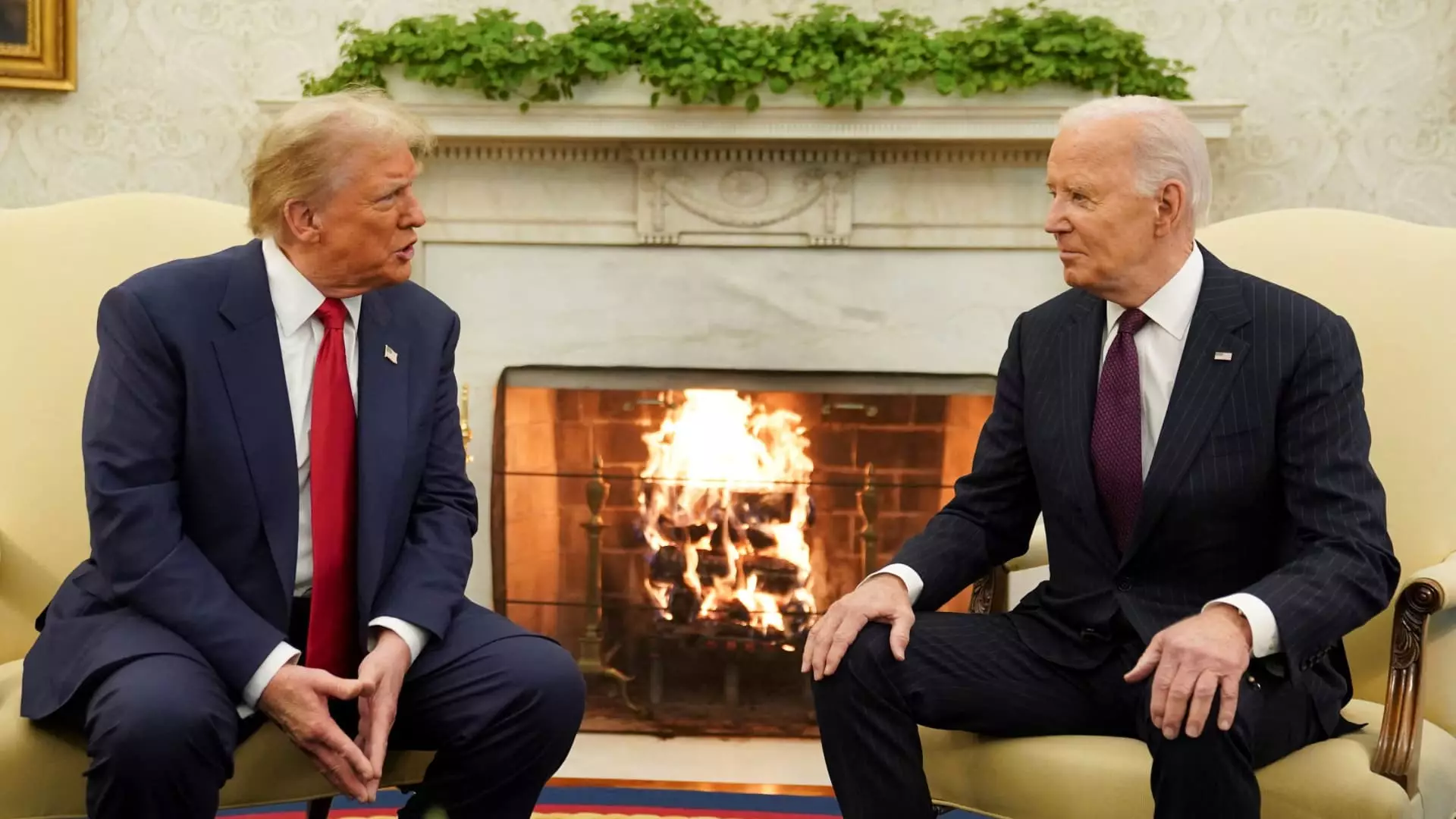In a surprising turn of events, the Trump administration has announced its intention to uphold the stringent antitrust guidelines that were instituted under the Biden administration in 2023. This decision marks a significant moment in the ongoing debate over corporate consolidation and antitrust enforcement, much to the chagrin of business leaders eager for a relaxation of regulatory scrutiny. Federal Trade Commission (FTC) Chairman Andrew Ferguson and acting head of the Department of Justice’s antitrust division, Omeed Assefi, articulated this decision, framing it as a necessary step towards regulatory stability.
The guidelines, which outline more than a dozen criteria governing the assessment of proposed mergers, have been met with widespread criticism from corporations. These rules emphasize the importance of maintaining competitive markets and preventing monopolistic structures that stifle innovation and consumer choice. The stipulations require that mergers do not result in increased concentration in already saturated markets or eliminate significant competition between existing firms. This regulatory landscape is emblematic of a growing recognition that unchecked corporate power poses substantial risks not just to the economy but also to social equity.
This decision can be interpreted as a win for the populist faction within the Trump administration, notably represented by Vice President JD Vance. Throughout his tenure, Vance has often found common ground with figures like Lina Khan, the FTC chair under Biden, who has made aggressive antitrust enforcement a primary goal. This alliance illustrates a rare bipartisan convergence on the necessity of robust regulations to curb corporate dominance, suggesting that concerns about monopolistic practices extend beyond traditional party lines.
Wall Street’s reaction has been predictable, as many financial analysts anticipated a relaxation of the antitrust framework to facilitate greater corporate consolidation. This announcement is considered a setback for investors who hoped to capitalize on a potential wave of mergers and acquisitions unhindered by strict evaluations. The administration’s decision to retain the existing guidelines reflects a broader ideological commitment to preserving competitive markets and may signal reduced future optimism regarding corporate growth through mergers.
The Rationale Behind Stability
Chairman Ferguson’s rationale for sustaining these guidelines underscores the need for stability within regulatory enforcement. In his comments, he highlighted the significant resources required for rewriting and reevaluating guidelines, suggesting that constant changes could undermine both agency credibility and market confidence. In an era marked by rapid political turnover, maintaining consistency in antitrust scrutiny may serve as a stabilizing force that reassures the business community.
While the decision to maintain the Trump administration’s commitment to the Biden-era antitrust guidelines may initially appear limiting for corporations, it represents a crucial step in addressing the broader issues of economic inequality and monopolistic power. The evolving nature of antitrust enforcement could pave the way for a more equitable economic landscape. As the discourse surrounding corporate power gains momentum, it remains essential for policymakers to balance the needs of business with the imperative to protect consumer interests and foster healthy market competition.


Leave a Reply